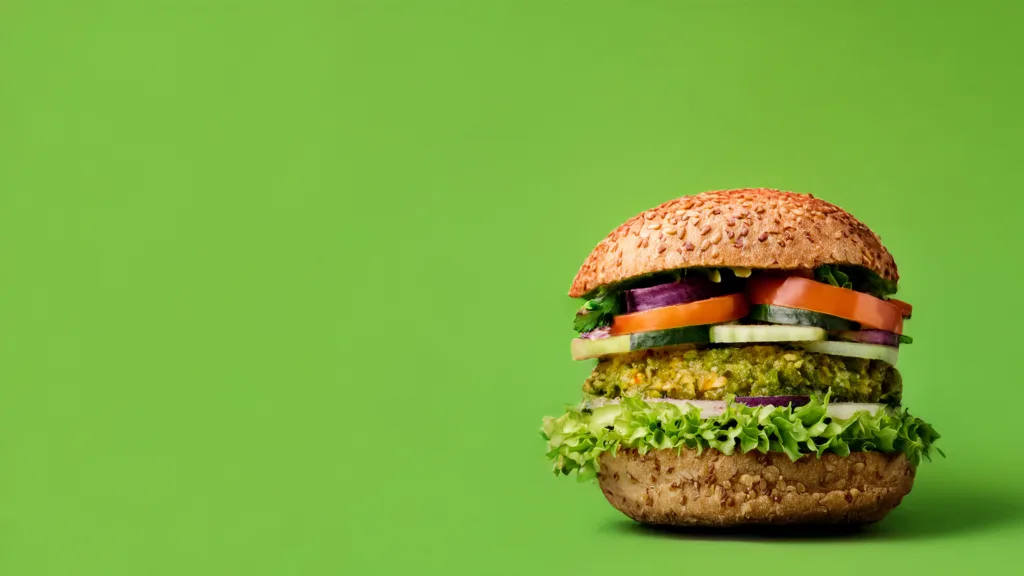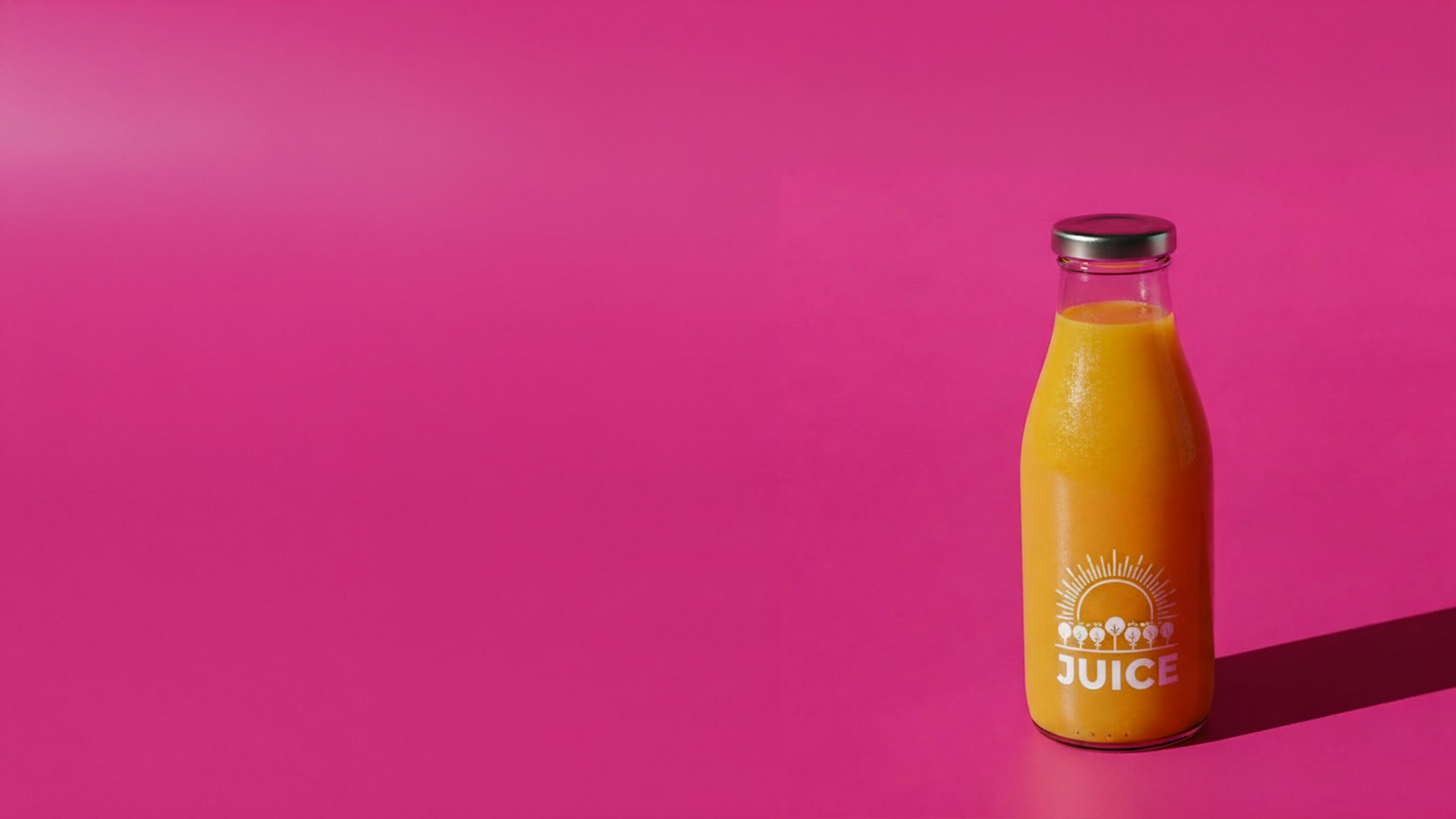
The end
for
Veggie burger?
The end
for
Veggie burger?
from
On October 8, 2025, the EU Parliament decided to reserve designations such as sausage, schnitzel or burger exclusively for meat products and to ban meat substitutes such as tofu. What is it all about?
What is it all about?
On October 8, 2025, the European Parliament decided by a majority of 355 votes to 247, with 30 abstentions, that terms such as “burger”, “schnitzel” and “sausage” may only be used for animal-based foods in future. The vote was part of a broader legislative package to strengthen the position of farmers in negotiations on prices in supermarkets.
It also contains regulations that in future, the names currently used for meat products and meat preparations will be reserved exclusively for products containing meat. These include, for example, names such as steak, schnitzel, sausage, meatballs, hamburgers, but also egg yolk and egg white. The same should apply to poultry.
Next steps in the legislative process
However, the EU Parliament’s decision does not yet mean the end of the tofu schnitzel or veggie burger. It still has to be agreed with the Member States in the Council of the European Union and with the Commission in so-called trilogue negotiations.
A qualified majority in the Council is required for the regulation to enter into force. The German government has not yet announced an official position on the parliamentary resolution. The final adoption therefore depends largely on how the individual member states position themselves in the upcoming negotiations.
Consequences of the regulation
If the regulation actually comes into force as decided by the EU Parliament, product names for meat-free products such as veggie burgers and the like will no longer be permitted in future. Companies offering such products would have to reorient themselves.
This would mean that meat products would be subject to a regulation comparable to that which already applies to dairy products. This is because the EU Regulation on the common organization of the markets in agricultural products stipulates that the designation “milk” is reserved exclusively for products obtained “by single or repeated milking” from the “normal secretion of the udder”. The same applies to dairy products such as cheese, butter, cream and yoghurt.
The European Court of Justice ruled against soy milk, vegan cheese and tofu butter on the basis of this regulation back in 2017. Since then, there have been names for soy drinks and other alternative names.
However, there is a list of exceptions for dairy products that allows traditional names such as “coconut milk”, “peanut butter” or “meatloaf”. No comparable list of exceptions has yet been provided for the planned new regulation for meat products.
Effects on manufacturers
If the regulation comes into force in the way it has now been decided, this would have a considerable impact on the manufacturers of such products. They would have to relabel their products and come up with new names that work for consumers. Several companies – including the discounters Aldi Süd and Lidl, the burger chain Burger King and manufacturers such as Beyond Meat and Rügenwalder Mühle – have spoken out against the plan in a joint letter. The short-term conversion costs are estimated to be in the single-digit mid-millions. The companies argue that a ban would make sales more difficult and that Germany would be particularly affected by the economic damage due to the large market for meat substitute products.
Criticism of the regulation
The regulation is often sharply criticized with regard to the ban on designations for vegetarian or vegan substitute products. For example, a term such as “vegan seitan schnitzel” is not misleading for consumers and they know what the product contains.
The European consumer organization BEUC refers to a survey from 2020, according to which 70 percent of consumers are not bothered by terms such as “veggie burger” as long as the products are clearly identifiable as vegetarian or vegan.
The main argument put forward by supporters of the new regulation is that it misleads consumers. However, if it is clear from terms such as “veggie burger” that it is a vegetarian burger, it is not misleading in terms of competition law. This also makes long-used terms such as “celery schnitzel” unnecessarily inadmissible and would probably have to be called “breaded celery” or something similar in future.
Conclusion
The regulations banning the use of names for meat substitutes could and, in my opinion, should have been omitted. If designations are indeed misleading, one could take action against this using the tried and tested means of competition law .
The new rules will therefore not lead to more consumer protection, but to costs for the companies concerned and presumably also to confusion among consumers, who will now be confronted with new designations.
In addition, the selected prohibited terms such as “burger” already appear to be beside the point, as unlike “steak”, for example, they do not denote a pure meat product but a dish consisting of several components.
We are happy to
advise you about
Competition law!







